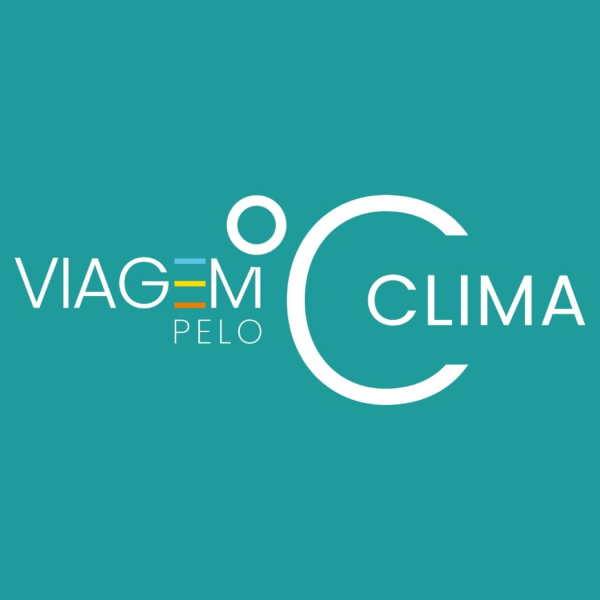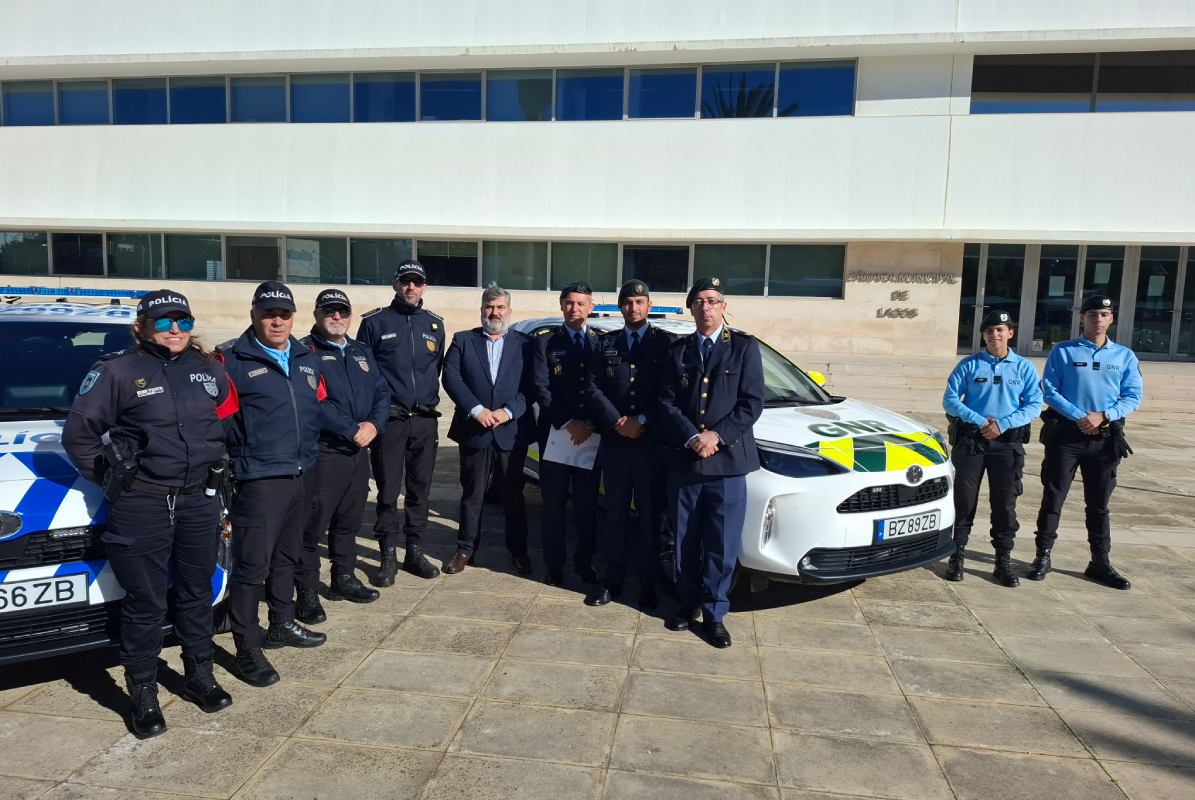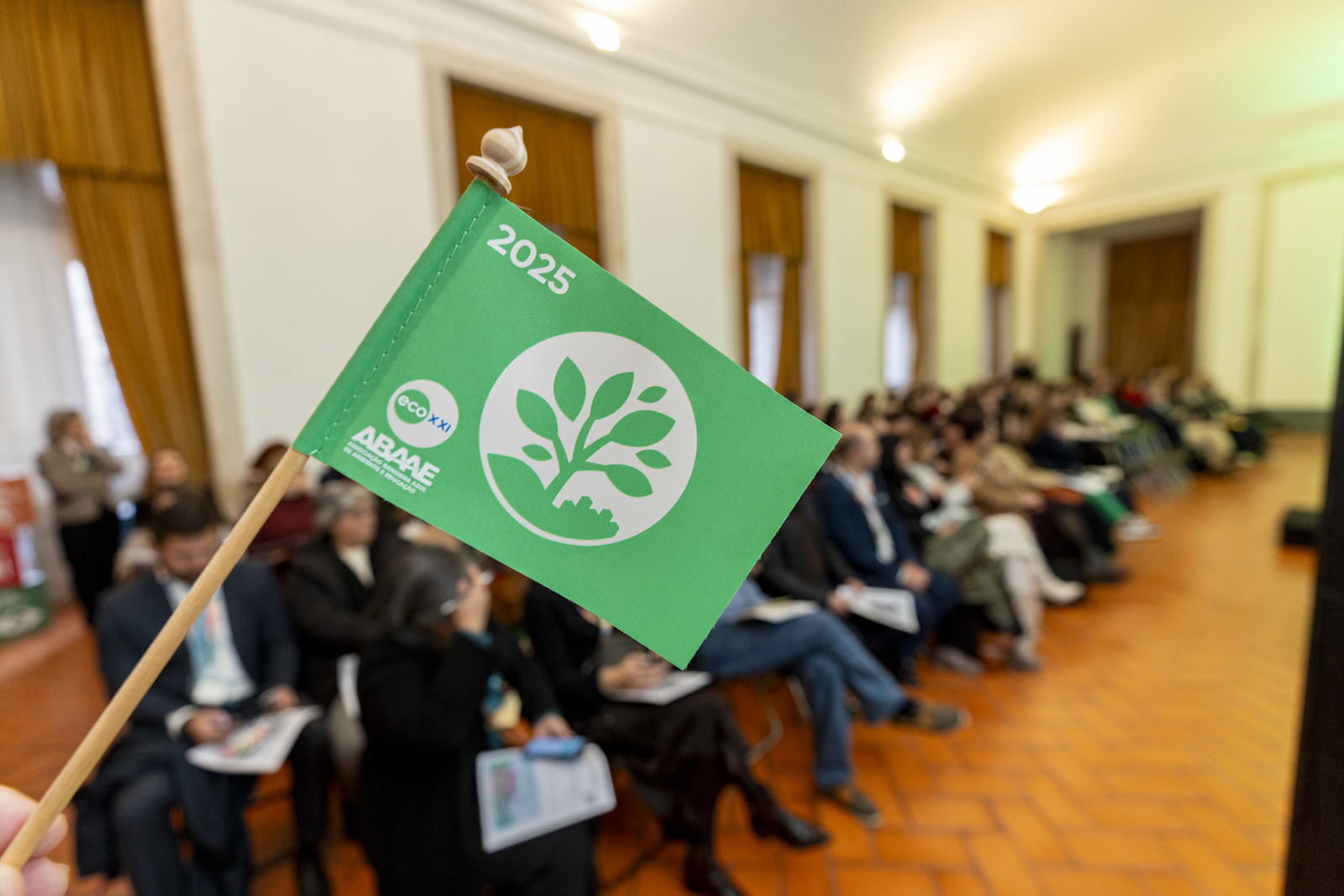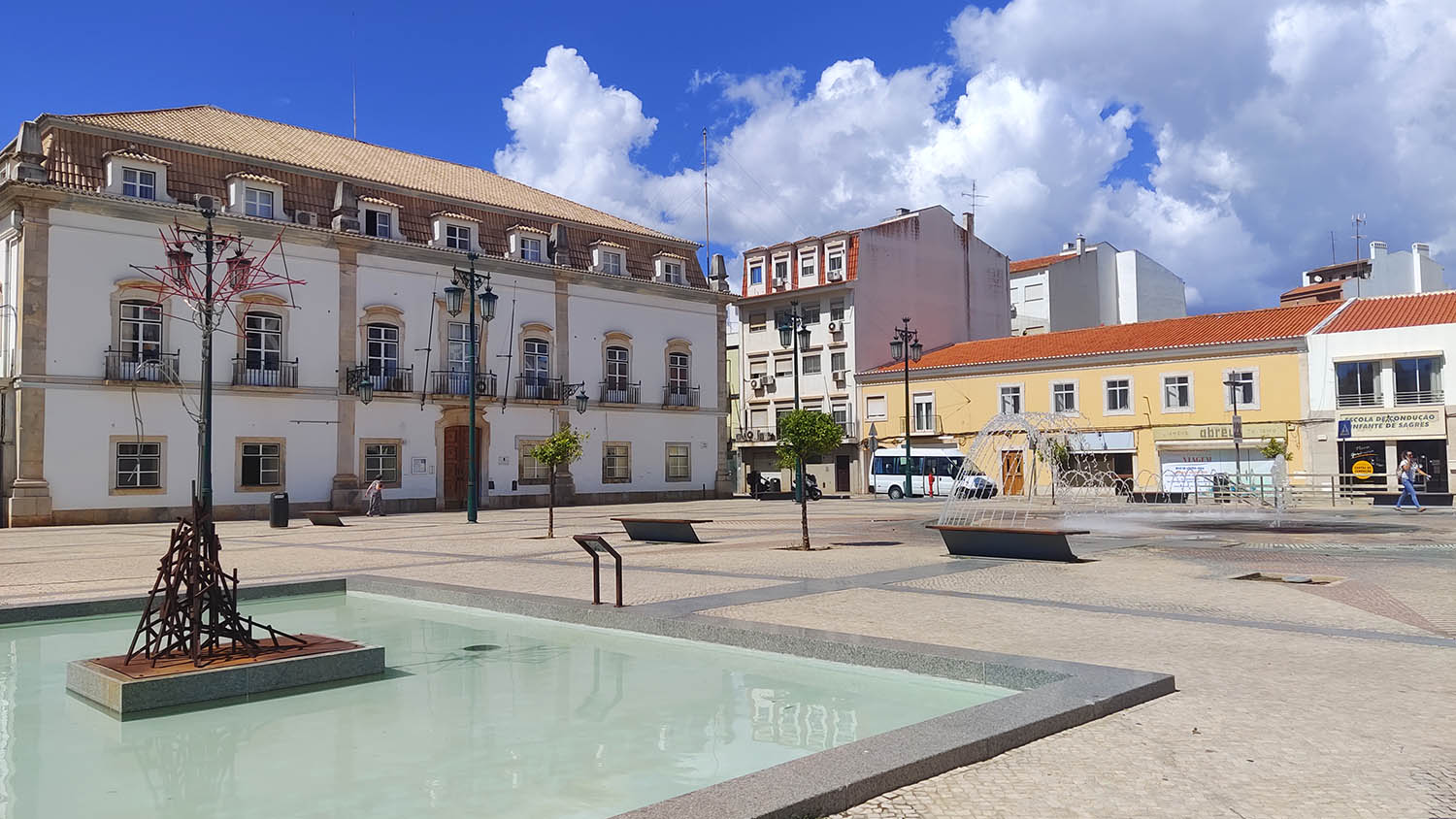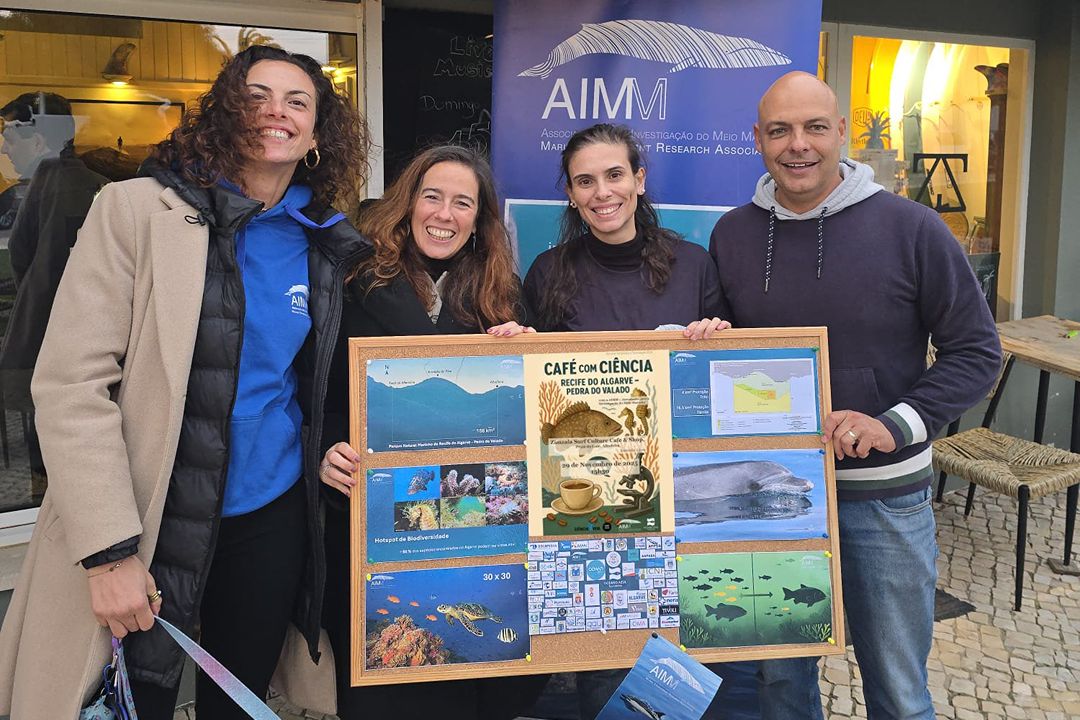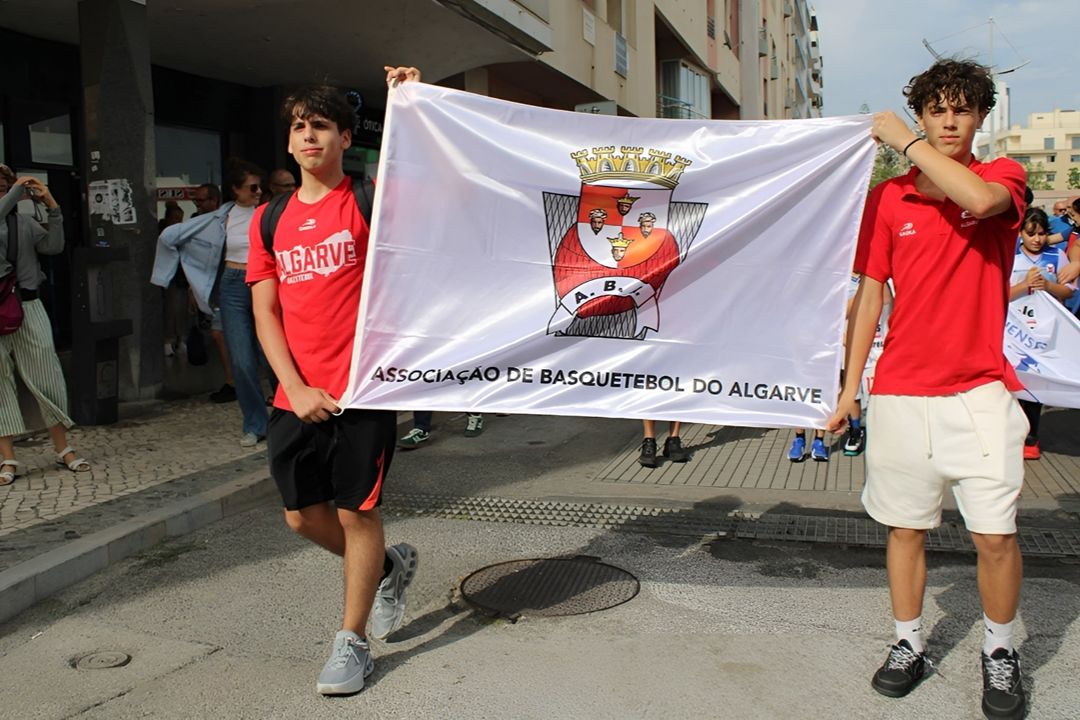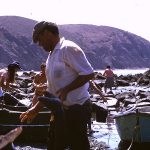As the world turns its attention to COP30, set to take place in Brazil, a training session on “The Challenges of Climate Change” marked the start of the week in Lagos yesterday.
The initiative — part of the third edition of the “Journey for the Climate” project, which the municipality joined to strengthen its commitment to sustainability and community engagement — was aimed at local decision-makers, municipal technicians, environmental associations, teachers, and other local stakeholders.
Sustainable Development Goals
The opening session was led by Deputy Mayor Paulo Jorge Reis, who, while following the activities carried out under this project, took the opportunity to present the municipality’s work in relation to the Sustainable Development Goals (SDGs) linked to climate change. He acknowledged that much remains to be done and therefore called for the participation of all.
In his remarks, the deputy mayor highlighted several ongoing projects related to potable water (SDG 6), emphasizing the reuse of treated wastewater from the sewage treatment plant (ETAR) for irrigating green spaces, golf courses, and other uses. Combined with other actions, this initiative aims to reduce the consumption of potable water drawn from aquifers and surface reserves.
Next Generation Business Hosting Areas
Energy (SDG 7) was another area of focus, Paulo Jorge Reis cited the “Next Generation Business Hosting Areas” project, supported by the Recovery and Resilience Plan (PRR), which is transforming Lagos’s three business parks into more resilient, greener, and digitally integrated spaces.
Finally, he stressed the importance of partnership under SDG 17, noting that “only by working together will we be able to achieve the great goal of making our planet a better place.”
Catarina Viana provided an overview of climate change, addressing its main human-induced causes and impacts, as well as the current situation and the measures needed to achieve carbon neutrality and limit global temperature rise.
Climate action
In her presentation, the GET2C expert revisited the key policy documents guiding climate action — including the Paris Agreement, the European Climate Law, Portugal’s Roadmap for Carbon Neutrality, and the Climate Framework Law.
At the local level, these objectives and action plans must be translated into municipal climate action plans, integrating mitigation and adaptation measures tailored to each territory.
As part of the role municipalities must play in the climate transition — monitored through the Climate Action Map — Lagos has had an Adaptation Plan for Climate Change since 2019 and is now finalizing its Municipal Climate Action Plan, aimed at adopting increasingly sustainable policies.
Maria João Ramos, GET2C manager, presented a review of the “Journey for the Climate” project, designed for participants aged 18 and over. Now in its third edition, the project took three teams on a 12-day trip across Portugal, from north to south, with mandatory stops in six municipalities — including Lagos.
The journey was fully monitored through the use of “Climate,” a fictional currency used to assess each team’s water and carbon footprint, as well as the social impact of their choices and activities.
“Climate Mural” challenge
In Lagos, participants took part in the “Climate Mural” challenge — a workshop held at the Youth Center that brought together a large group of children — and visited companies and institutions with good environmental practices. To give visibility to their sustainability route, they also created climate stories.
This year’s Journey for the Climate had a special incentive: the winning team will have the unique opportunity to represent the project at COP30, which will take place from November 10–21, 2025, in Belém, Pará, Brazil.
The winning team, “Terra,” will present their project on November 18 at 10:00 a.m. local time. The session will be broadcast live on the Portuguese Ministry of Environment’s YouTube channel.
In her remarks, Maria João Ramos also introduced the Mini COP, an ideas competition for students from 7th to 12th grade, integrated into the Journey for the Climate project. The contest seeks creative young people committed to the planet’s future.
This training session provided a platform for sharing experiences, learning about good environmental practices, and strengthening the commitment of the municipality and its partners to sustainability — calling on all stakeholders to play a more active role in the fight against climate change, in alignment with the Sustainable Development Goals (SDGs).


